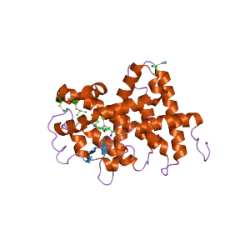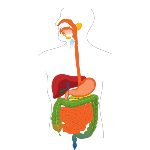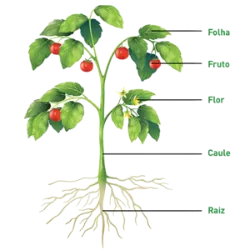Hormonal biochemistry

Hormone biochemistry is essential to understanding how the body regulates its physiological functions through hormones, chemical substances produced by the endocrine glands. These hormones are released into the bloodstream and act on target organs, triggering responses that maintain homeostasis and coordinate processes such as growth, metabolism, reproduction and stress response. Endocrine signaling occurs when hormones bind to specific receptors on target cells, activating a series of biochemical reactions. Each type of hormone, whether peptide, steroid or amino acid derivative, exerts distinct effects, but all play crucial roles in regulating bodily processes. Hormones such as insulin, adrenaline, estrogen and testosterone are examples of molecules that, when bound to their receptors, alter cellular function, stimulating or inhibiting metabolic activities. Hormonal regulation is essential for the body's adaptation to changes in the environment. For example, insulin reduces blood glucose levels, while cortisol helps manage stress and glucose metabolism. Hormonal imbalances can lead to diseases such as diabetes, hypothyroidism and Cushing's syndrome, highlighting the importance of endocrine signaling for health. Understanding this biochemistry is vital for therapeutic treatments in endocrinology.
Did you know?














